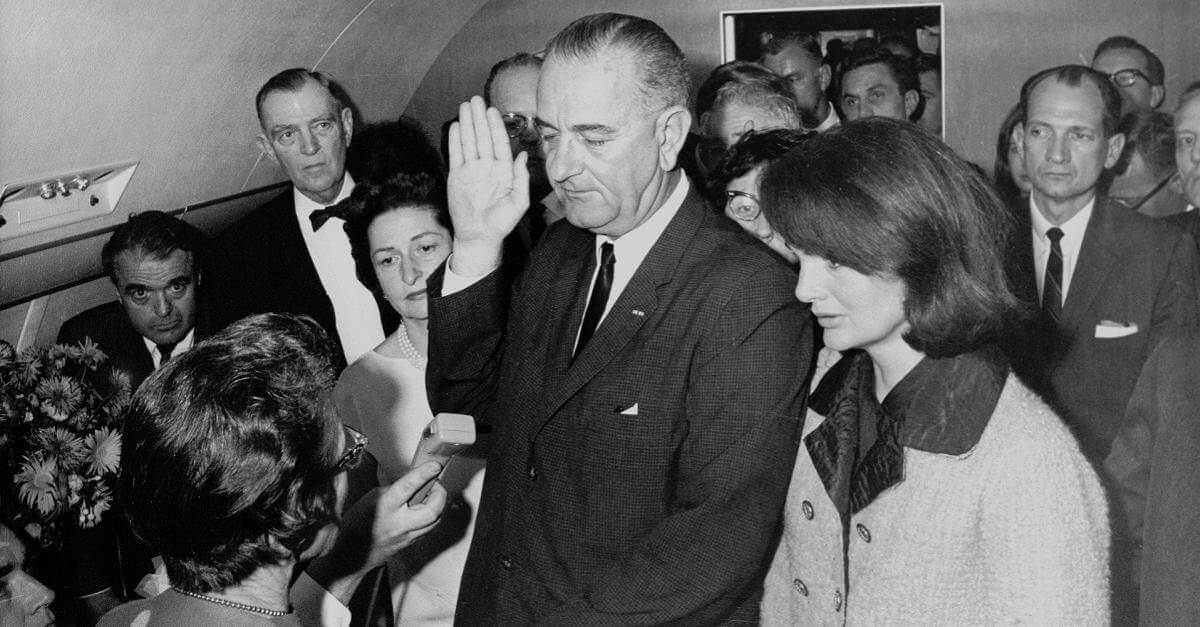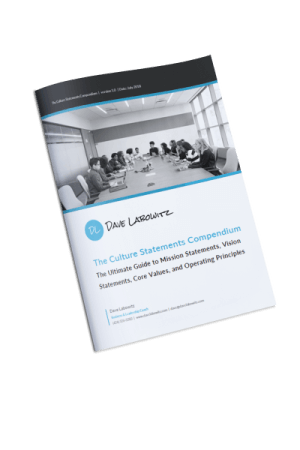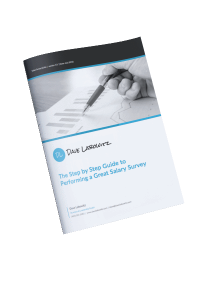First, do no harm
My client’s employee had worked through lunch and it was already 3 pm. As a doctor prior to starting his business, he knew all the reasons this was a poor idea. “The first commitment I made was to do no harm! Go to lunch!” my client told her. When he told me the story, I was impressed. He had connected the Hippocratic Oath to leadership. What a great fit!
While I wouldn’t compare the magnitude of the responsibility over life and death to the responsibility of making or breaking a career, there are some undeniable similarities. Why shouldn’t leaders take an oath when assuming a leadership role?
Why a Leadership Oath?
To quote Uncle Ben from Spiderman, “With great power comes great responsibility.” Leadership roles come with power, but they are not about power. They are actually about responsibility; responsibility to help your team succeed and evolve in their roles, responsibility to put their needs above your own, and responsibility to lead by example, to name just a few.
Many people who haven’t been well-trained in leadership fall back on power, rather than influence, in their attempt to create results. While this can, for short periods of time, create what seem like desirable business outcomes, in reality, the results can be disastrous. With too much reliance on power, leaders alienate their teams, leaving them unhappy in their roles and looking for new jobs. Even well-trained leaders can slip into this pattern at times when under stress or deadlines.
Swearing a Leadership Oath may help those who don’t know better understand the responsibilities of leadership. It will also serve to remind those who know but who sometimes forget where their true north lies.
Adapting the Hippocratic Oath
Contrary to popular opinion, “First, do no harm,” is not the Hippocratic Oath. Furthermore, the phrase does not appear in any version of the Oath. I won’t dive into the details here, but there have been many revisions and offshoots of the original Hippocratic Oath over the years. If you’re interested, you can read the full history, but for our purposes, I’m going to use the Declaration of Geneva as the version from which to model a Leadership Oath. Adopted after World War II as a modernization of the Hippocratic Oath, the Declaration focused even more on ethics and patient welfare. Here is its full text.
AS A MEMBER OF THE MEDICAL PROFESSION:
- I SOLEMNLY PLEDGE to dedicate my life to the service of humanity;
- THE HEALTH AND WELL-BEING OF MY PATIENT will be my first consideration;
- I WILL RESPECT the autonomy and dignity of my patient;
- I WILL MAINTAIN the utmost respect for human life;
- I WILL NOT PERMIT considerations of age, disease or disability, creed, ethnic origin, gender, nationality, political affiliation, race, sexual orientation, social standing or any other factor to intervene between my duty and my patient;
- I WILL RESPECT the secrets that are confided in me, even after the patient has died;
- I WILL PRACTICE my profession with conscience and dignity and in accordance with good medical practice;
- I WILL FOSTER the honour and noble traditions of the medical profession;
- I WILL GIVE to my teachers, colleagues, and students the respect and gratitude that is their due;
- I WILL SHARE my medical knowledge for the benefit of the patient and the advancement of healthcare;
- I WILL ATTEND TO my own health, well-being, and abilities in order to provide care of the highest standard;
- I WILL NOT USE my medical knowledge to violate human rights and civil liberties, even under threat;
- I MAKE THESE PROMISES solemnly, freely and upon my honour.
As you can see, its focuses on service, well-being, respect and equality all apply equally well to leadership. By re-routing the subject of each statement to be business and/or leadership related, I came up with:
AS A MEMBER OF THE LEADERSHIP PROFESSION:
- I SOLEMNLY SWEAR to dedicate my career to the service of my team members;
- THE SUCCESS AND WELL-BEING OF MY TEAM will be my first consideration;
- I WILL RESPECT AND ENCOURAGE the autonomy and dignity of my team members;
- I WILL MAINTAIN the utmost respect for their work/life balance;
- I WILL NOT PERMIT considerations of age, disease or disability, creed, ethnic origin, gender, nationality, political affiliation, race, sexual orientation, social standing or any other factor to affect my decision-making or behavior;
- I WILL RESPECT the secrets that are confided in me during one-on-ones, even after the team member has left the company;
- I WILL PRACTICE my profession with conscience and dignity and in accordance with the company’s values;
- I WILL FOSTER a positive, collaborative, and empowered culture;
- I WILL GIVE to my leaders, peers, and direct reports the respect, gratitude, and credit that is their due;
- I WILL SHARE my professional experience through mentoring and feedback for the benefit of the team and the advancement of their careers;
- I WILL ATTEND TO my own health, well-being, and abilities in order to create results of the highest standard;
- I WILL NOT USE the authority of my position to ask more of my team than I would ask of myself;
- I MAKE THESE PROMISES solemnly, freely and upon my honor.
Do you hold yourself to these standards as a leader? Have the leaders you’ve reported to throughout your career? Wouldn’t every workplace be better if all leaders did?
Oaths vs pledges
The Declaration of Geneva, written as a “pledge” as opposed to an “oath”, was intentionally more secular than the Hippocratic Oath. Due to the original Oath’s references to Apollo and other ancient Greek gods, this made sense.
“Oath”, “pledge”, and “vow” are mostly interchangeable words with the definition “a solemn vow” being applicable to each. “Oath,” however, tends to carry the additional connotation of a solemn promise witnessed not just by humankind but also by a higher power.
For this reason, I’m choosing to go back to the original terminology of “oath”. I don’t have a religious agenda, but if we want people to take the Leadership Oath seriously then I say it should carry as much weight as possible.
Swearing the Leadership Oath
Being promoted to a leadership position is a big deal. It’s the first time most employees will be granted authority over others. This makes it a critical moment for them to understand the balance of authority and responsibility. I advocate for formal leadership training prior to an employee being put into a leadership role, with this training culminating in the public swearing of the Leadership Oath in front of their team and as many other office-mates as possible.
If you adopt this or any, Leadership Oath in your organization, create some ceremony around it to add as much weight to it as possible! These days, we make commitments all day. And while we may do our best to keep them, we frequently forget them or break them when circumstances change. The intent is to make this different. By making it an oath, and having new leaders swear the oath in a ceremony in front of their team members, it becomes a far more memorable event for all parties.
What do you think? Would you be willing to swear a Leadership Oath? Why or why not?






